Being a sensitive person has it’s fair share of pros and cons; the good parts are really good, while the bad parts can be overwhelmingly challenging and sad sometimes.
Today’s question is from Samantha in England. She asks:
How can I free myself from the deep sadness that I feel and have felt since I was a child?
She goes on to explain:
I have been told it’s depression that I’m suffering from and that it runs in the family. I’ve always felt like an outsider in life … like I live in a bubble. I’ve found out that I’m an empath and a Highly Sensitive Person. I have also suffered from chronic headaches and migraines since I was a child. I just feel like I don’t belong in this life.
In my time working with others and working on myself, I’ve learned that sensitive people – particularly emphatic and highly sensitive types – are more prone to emotional issues such as depression and anxiety because of the way they’re wired.
I’ve personally experienced depression and anxiety frequently throughout my life and I have always found the root cause to lie in my finely sharpened senses which cringe at the slightest touch, sight, smell, or taste, and my highly sensitive emotional tuning which leaves me feeling delicate, high-strung and on-edge all the time.
The blessing and curse of being a sensitive person are that we can feel the world deeply, and while that includes feeling its immense beauty, magic, and love (the blessing), it also includes feeling the world’s darkness, cruelty, and insanity (the curse).
When we become too consumed on one side of the spectrum of life we suffer terribly. Without experiencing the beauty of life, we experience only darkness, and without experiencing the darkness of life, we experience a fabricated lie that leaves us unconsciously uneasy and neurotic.
Related: Being A Highly Sensitive Person: 25 Signs You’re One
Where Does Deep Sadness Come From?
Deep sadness occurs in a person’s life for many reasons, ranging from tragedy to trauma, to chemical imbalance. But for the sensitive person, deep sadness is usually existential; in other words, it involves mourning the self and its relation to life, and life and its relation to the self.
It’s not uncommon for this deep sadness to begin awakening in childhood as the self begins to develop from a young age and starts to perceive itself as “separate” from others. I call this the fundamental core wound as it is at the very core of all our suffering in life. I will expand on this a bit later.
When we see ourselves as separate from everything, as isolated little islands that are different or somehow unequal to others, we begin developing emotional and psychological complexes. We start thinking thoughts such as, “I’m so different,” “I’m so weak,” “I wish I could belong somewhere,” “I wish I could feel at home,” and “The world has nothing to offer me.”
All of these feelings and beliefs stem from the unconscious realization that something is not right here and somehow we have been sucked into this “wrongness” that is inherent in all that we see.
This inherent wrongness, this primal anti-truth that is expressed everywhere we look can be seen in the words, looks, actions, desires, dogmas, perceptions, and beliefs of everyone around us – including ourselves.
As sensitive people we are finely tuned to the tension that always exists between us and “others”: the jealousy, the betrayal, the insecurity, the hatred, the pretension, as well as the B tension between us and the environment: the abuse, the greed, the destruction – and finally the tension that always exists within us: the self-sabotage, the shame, the fear, the isolation, the hunger for something “more” kept under a happy, socially approved guise.
The more sensitive we are at the end of the day, the more susceptible we are to seeing through the grand ploy, the great fraudulence of life that makes us feel incomplete and unfulfilled.
But this sensitivity is a great intelligence – and in fact, I would say it is the greatest kind of intelligence there is.
How to Find the Light by Inviting the Darkness In
When we talk about being miserable and depressed we usually want to “get rid of it” or “free ourselves of it,” but the truth is that unhappiness is not innately a “bad” thing that must be destroyed.
The only “bad” thing is what we decide to do with those feelings; whether we decide to fully experience them and open ourselves to learn from them – or resist them, hate them, fear them and repress them.
Repressing, avoiding, hiding, and resenting unhappiness is the only really true “sin” here, for it is directly harmful to our well-being both in the short and long term. The truth is that you are absolutely allowed to feel deeply miserable and unhappy.
This doesn’t mean dramatizing your unhappiness, using your unhappiness to self-sabotage, or using it to self-pity, but realizing that you are allowed to feel sad means realizing that sadness is a normal (and in many cases) necessary human emotion. Without it, many of the greatest lessons of life would never be learned.
In my experience, the greatest lesson to learn as a sensitive person is that we are not who we think “we” are. Although our sensitivity might make us feel special or victimized on the surface, deeper than that, past our sensations, past our thoughts, past our memories, is the truth of who we really are.
And this glimmer of truth at the very least brings hope, and at the very most shatters your entire self-concept bringing immense liberation, restfulness, and peace.
So how do we find this glimmer of truth? How do we finally find a place to call “home”; a place where we belong, a place where we can rest? The problem here lies in our desire to search.
We try to use the mind to cure the mind, but it doesn’t work that way. What we can do instead is to give ourselves permission to purely experience our suffering, our pain, and emptiness – not to dramatize, hate, hide or suppress it – but to consciously feel it.
Consciously experiencing pain without resisting it in any way, shape or form reveals a beautiful miracle: suddenly the pain is not there, suddenly it disappears, suddenly it evaporates in the light of consciousness. The only way you will believe this is by experiencing it first for yourself. But what will you discover after the pain is gone?
Silence; a deep, pure, loving silence that exists behind every emotion, thought, belief, and sensation. This silence is also known as “God,” “divinity,” “life force,” “nirvana,” “eternity,” “oneness” and “consciousness.” This is the truth of who you are – and darkness paradoxically opens a doorway to experiencing that light.
Your sensitivity is just as much a gift as it is a curse because it allows you to experience this reality more readily than others.
Finding Balance
Once you realize the truth: that your identity (sense of self) is an illusory barrier that unnecessarily prevents you from experiencing the limitlessness that is “you,” you start learning how to laugh at yourself again.
But this often requires practice. De-programming your mind doesn’t always happen in an instant.
Related: Highly Sensitive Person Problems: What You Can Do About Self-Criticism As A Highly Sensitive Person
As I explored in a previous article, six of the most powerful questions you can ever ask yourself include the following:
- Am I this emotion?
- Am I this thought?
- Am I this physical sensation?
- Am I this circumstance?
- Am I this body?
- Am I this personality?
Yes, these elements all belong to you, and you experience them but are they really “you”?
Who are you? Are you a transient emotion that comes and goes, a thought that rises and ceases, or a body and personality that ages and changes? Can something so transient and ephemeral really be you? If you are none of these things then, who are you?
Deep, constant self-inquiry will reveal that you truly have no name, no form, no identity, and no limits. You are everything and you are everyone.
When you allow depression to be your teacher you will see the hidden gift that it has been trying to give you all along: that your true home, your true liberation has been here all along, within you. You just needed to experience the lie and hopelessness of division to uncover the truth and liberation of what can never be divided.
Want to more about how a sensitive people and the sadness they feel? Check this video out below!
Source - Loner Wolf



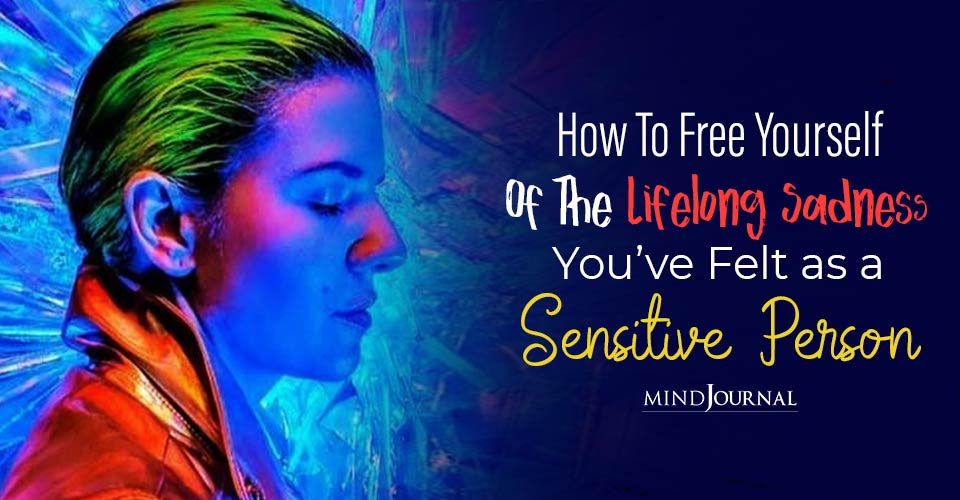


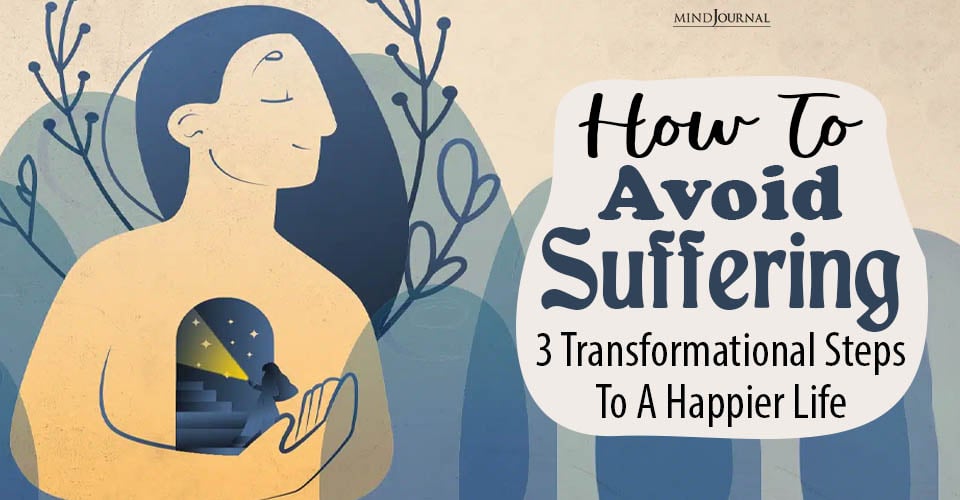
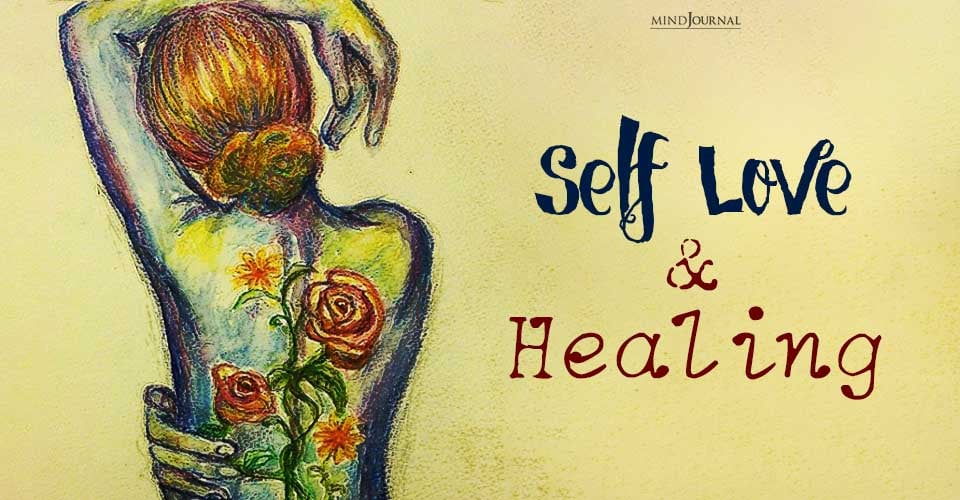
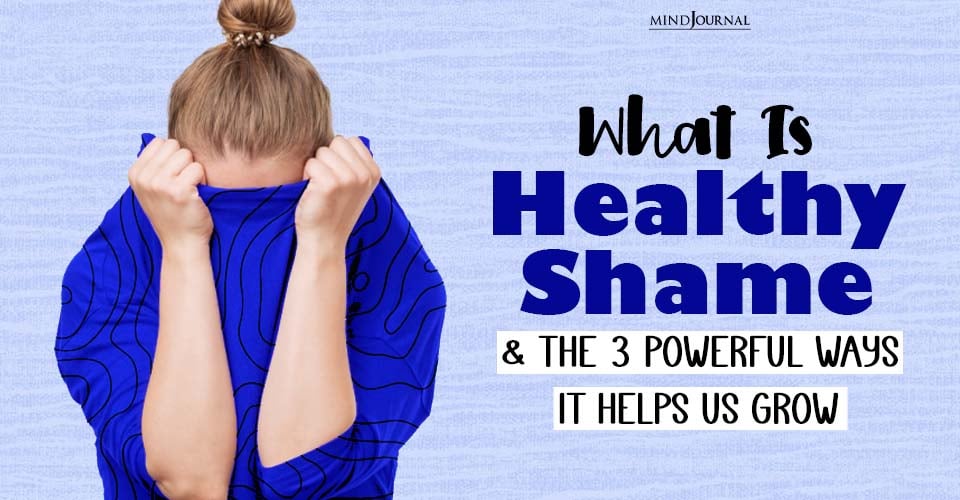
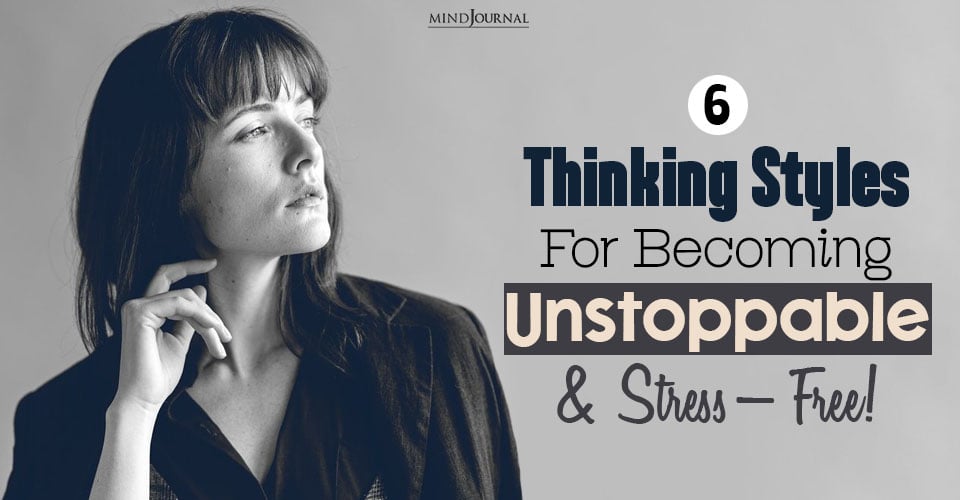
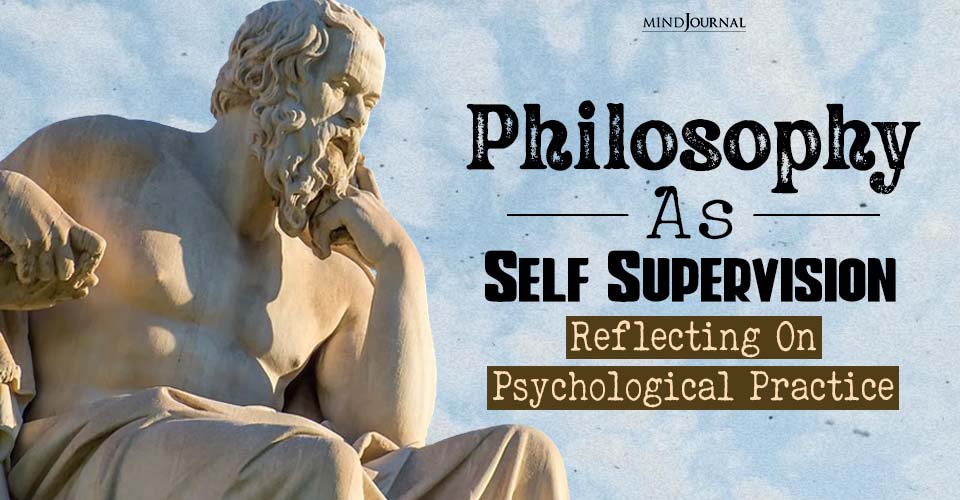
Leave a Reply